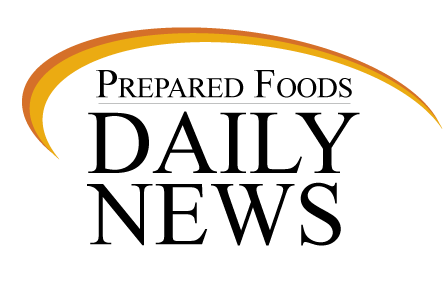It is one of several steps the government is taking to address concerns about popular caffeinated beverages, such as Full Throttle, Rockstar and Monster, and reduce the risk of caffeine over-consumption, especially by teenagers and children.
Each can of the popular beverages, which are to be regulated as food products, will also have to list nutritional information and total caffeine content. Until now, energy drinks have been classified as a natural health product, and companies have not been obliged to include this information on labels.
Aglukkaq said the move makes sense, given that consumers tend to think of energy drinks not as health products but as soft drinks.
"I believe today's changes will be especially helpful to the parents of teenagers who regularly consume energy drinks," Aglukkaq said.
However, the chairwomen of Health Canada's own expert panel, convened last fall to provide advice on the best way to approach concerns about kids and teens consuming the caffeinated beverages, said she's underwhelmed by the plan.
"At least they're moving a bit forward. They're not leaving them as natural health products with no labels to say how much caffeine is in them," said Noni MacDonald, a pediatrician at Dalhousie University. "But I don't think we've moved as far as we'd like to see."
Still, she added, "one step forward is better than no steps forward."
The panel recommended to Aglukkaq last November that Health Canada treat the products as drugs, not as a food or a natural health product. That classification would have required energy drinks, which the panel called "oral delivery systems for stimulant drugs," to be sold under the supervision of a pharmacist, according to the panel's report.
The panel, which reviewed Health Canada adverse reaction reports, was also unsuccessful in convincing Health Canada to require labels to state that, "serious adverse events, including death, have been seen with these products, possibly due to cardiac events."
While the panel recommended capping the caffeine content in each can at 80mg, the government settled on more than double that amount: 180mg of caffeine, or about the equivalent of a medium coffee.
The threshold is expected to affect about 20% of energy drinks available in Canada. Products such as Jones Whoopass, Nos Passionfruit and Fruit Punch, and Monster Import and X-Presso Hammer will need to be reformulated with less caffeine to meet the new standard.
"We had hoped it would be less. We really weren't keen on a high concentration of the drug in a single-dose product because the kids drink more than one. That's why we suggested the lower amount," MacDonald said in an interview.
Companies, meanwhile, will have to provide regular updates to Health Canada about any consumer-health complaints associated with their products. They will also be required to submit to Health Canada more detailed information on consumption and sales of energy drinks, so the department can determine if additional safety requirements are needed.
This is an unusual step for products regulated as a food. Only raw-milk cheese is currently required to provide this type of data to Health Canada.
Health Canada is also "directing" the industry to stamp out marketing campaigns that could promote the unsafe consumption of their products, hinting that tougher action could follow if this does not happen.
By strengthening its code of practice, the industry "will show parents and the general public that they are serious about addressing issues around marketing and sampling of energy drinks to children and teens," according to Health Canada.
MacDonald said she is concerned companies will continue to attract children with their marketing.
"Maybe I'm being a little bit cynical, but I'm not sure that's strong enough. We started with that when we said, 'Don't market cigarettes to kids.' But until we said, 'You can't do this,' we didn't get anywhere. I'm just worried about that."
For its part, the Canadian Beverage Association said it supports Health Canada's decision to classify and regulate energy drinks as a food product rather than as a natural-health product or drug.
However, the lobby group said the industry is still concerned that energy drinks are being treated as a unique product with specific requirements that do not apply to other caffeinated beverages available to Canadians.
Current labeling rules -- which identify groups for whom high levels of caffeine are not recommended (children, pregnant/breastfeeding women) -- will remain in place. A warning statement advising consumers not to mix the drinks with alcohol also will continue to be required.
The New Democratic Party's health critic, Libby Davies, expressed her own concerns about the "weak" plan, saying "we're very concerned that they've sided with the industry."
Health Canada expects the products will meet the new requirements within the next 18-24 months.
From the October 7, 2011, Prepared Foods' Daily News.
